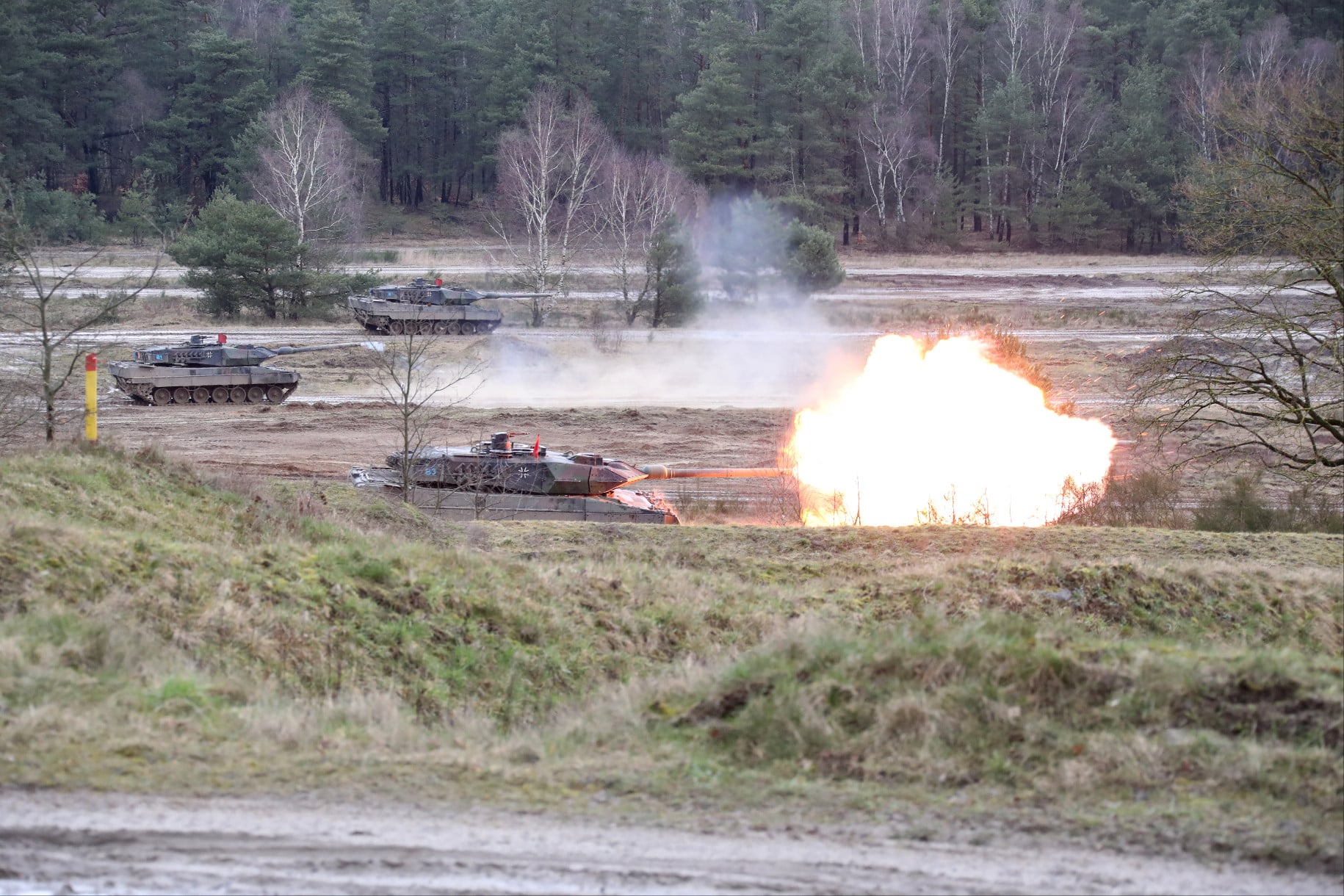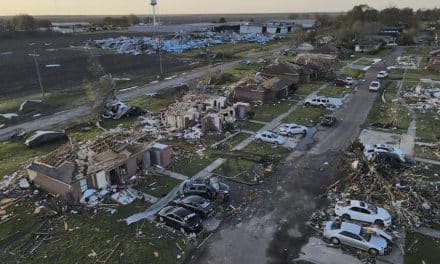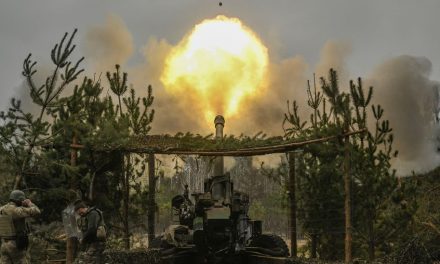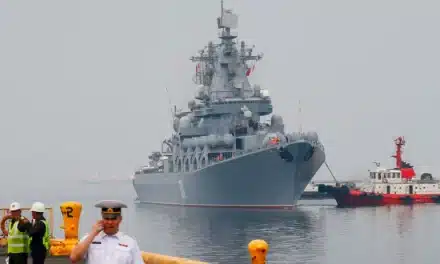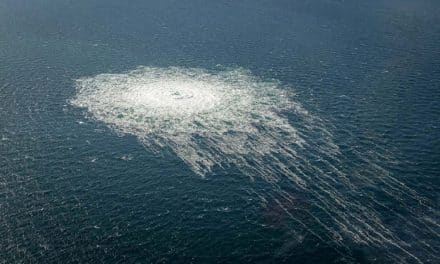Eastern Europe has been witnessing significant geopolitical and military events recently, with tensions escalating between Russia, Ukraine, and the West. This article summarizes the latest developments in the region, including the training of Ukrainian recruits by the United Kingdom, the beginning of military training for children in occupied Crimea, Russia’s efforts to recruit 400,000 contract soldiers, and more. As the situation unfolds, it is crucial for the international community to stay informed and to work towards a resolution to these crises.
- Over 10,000 Ukrainian recruits have been trained by the UK military in a program that includes offensive and defensive tactics as well as medical knowledge, according to the British Ministry of Defense.
- Military training has begun for children in occupied Crimea, with Russian state media reporting on the activities. A video shared by BBC correspondent Francis Scarr shows children in uniform checking weapons and practicing various combat moves.
- Russia’s Ministry of Defense is launching a recruitment campaign on April 1, aiming to sign contracts with 400,000 new professional soldiers. The campaign aims to fill skill gaps in areas such as tank drivers and artillerymen.
- Remnants of explosive devices were found at an oil pumping station of the Friendship oil pipeline in Novozibkov, Russia. The facility was not in use and had no damage. An investigation has been launched.
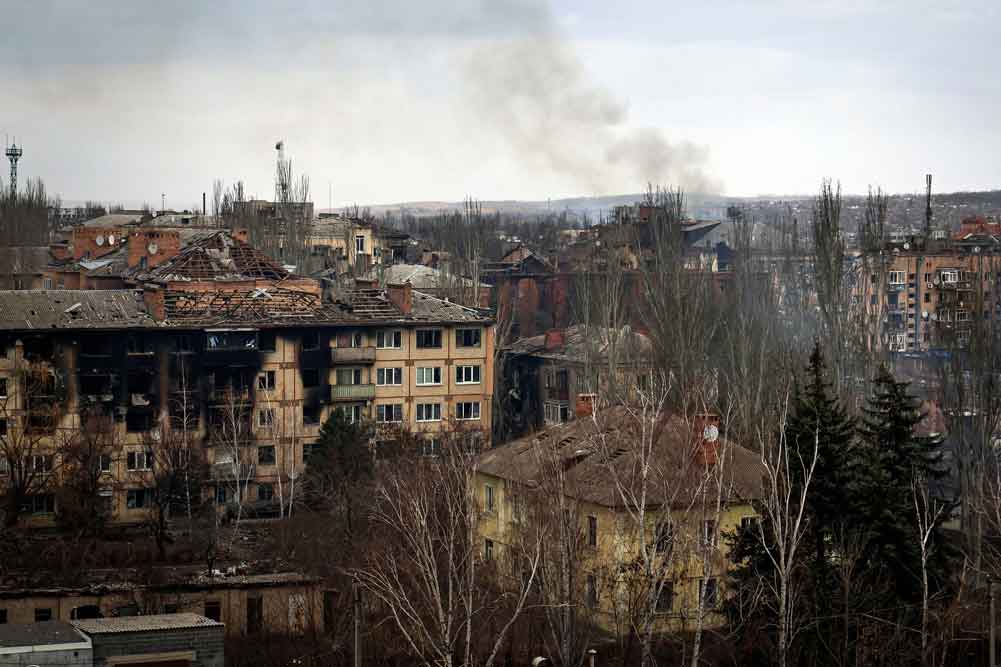
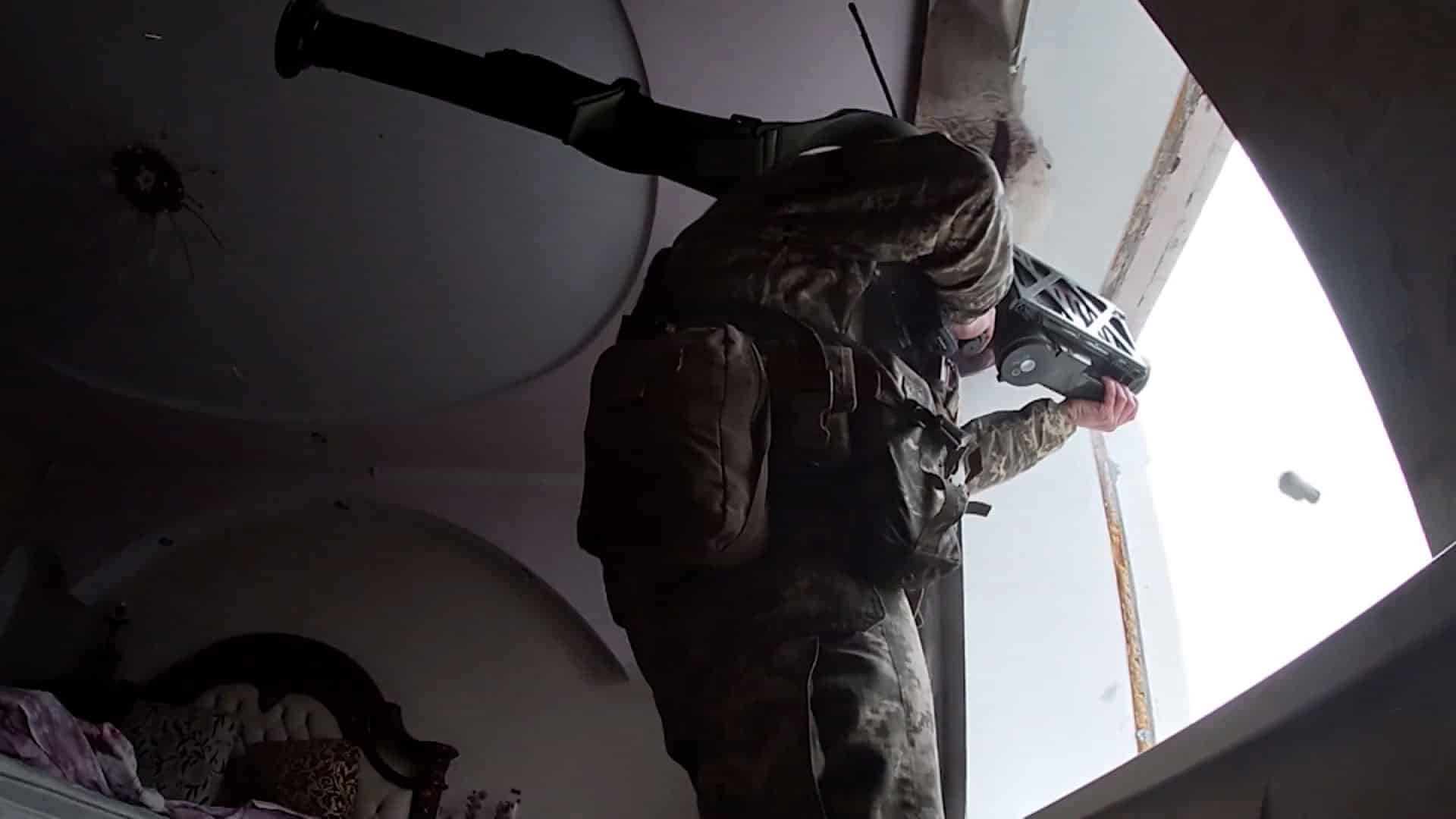
- In the Czech Republic, nine people have been convicted for openly supporting the Russian invasion of Ukraine, with 58 criminal cases ongoing and 90 cases pending indictment.
- The leader of Ukraine’s National Security and Defense Council, Oleksiy Danilov, believes that the recent drone incident involving Russia and the US shows that Putin is seeking to expand the conflict zone. Danilov suggests that Putin is using an “all-in” tactic, raising the stakes in the hopes of changing circumstances.
- Northeastern Harkiv came under fire on Wednesday morning, with air raid sirens warning residents to remain in shelters. The latest attack hit civilian infrastructure, but the extent of the damage is currently unclear.
-
Ukrainian President Zelenskyy has dismissed the governors of Luhansk, Odessa, and Khmelnytskyi. The dismissals are part of an ongoing anti-corruption campaign, though there is no indication that the dismissed officials were directly involved in corruption.
-
Turkey is likely to ratify Finland’s NATO membership ahead of Sweden’s, according to two Turkish officials. Turkey has demanded that Sweden take further action against supporters of Kurdish armed groups.
-
Russian Foreign Ministry spokesperson Maria Zakharova has accused the Ukrainian Orthodox Church of being a “hostage” to the Kyiv regime. Zakharova’s statement came in response to an offer by Ukraine’s Minister of Culture Oleksandr Tkachenko, who suggested that the church’s monks could remain in the Kyiv Pechersk Lavra monastery if they joined the rival Ukrainian Orthodox Church.
The events in Eastern Europe underscore the volatility of the region and the potential for further escalation. As the situation continues to develop, it is crucial for the international community to monitor the events closely and work towards a peaceful resolution. The impact of these events on the lives of ordinary people, regional stability, and global security cannot be underestimated. It is the responsibility of all stakeholders to address these challenges and work towards a more stable and secure future.
